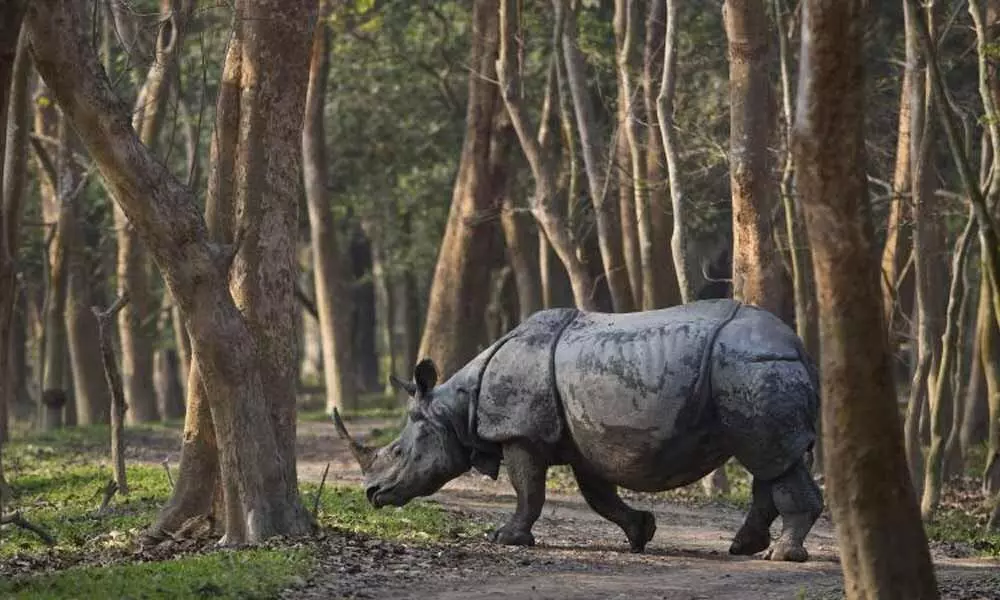Wildlife poaching in India more than doubles during COVID-19 lockdown
 Image of wildlife sanctuary for representation purposes. | AP
Image of wildlife sanctuary for representation purposes. | APThe study indicates that despite consistent efforts by law enforcement agencies, wild animal populations in India are under additional threat during the lockdown period.
New Delhi: Incidents of wildlife poaching in India have more than doubled during the COVID-19 lockdown with 88 animals being killed for meat and trade during this time compared to 35 in the pre-lockdown days in February, a new study has revealed.
The study conducted by TRAFFIC, a wildlife trade monitoring network and an NGO working globally on trade in wild animals, said that between February 10 and 22, the number of animal poaching incidents was 35 while during the lockdown between March 23 and May 3, the number escalated to 88.
TRAFFIC, which operates as a programme division of the WWF India, found a significant increase in reported poaching of wild animals in India during the lockdown period that is not restricted to any geographical region or state or to any specific wildlife area.
Reported poaching incidents rose from 35 to 88, including nine leopards being killed during the lockdown compared to four killed in the pre-lockdown period, said the report 'Indian wildlife amidst the COVID-19 crisis: An analysis of poaching and illegal wildlife trade trends.
' Reports of poaching incidences for consumption and local trade have more than doubled during lockdown although there was no evidence of stockpiling of wildlife products for future trade, it said.
The study indicates that despite consistent efforts by law enforcement agencies, wild animal populations in India are under additional threat during the lockdown period.
Ravi Singh, CEO, WWF-India said, If poaching of ungulates and small animals remains unchecked it will lead to depletion of prey base for big cats like tigers and leopards and a depletion of the ecosystems.
This in turn will lead to higher incidences of human-wildlife conflicts and will undermine the significant successes that India has achieved in the field of wildlife conservation.
The highest increase in poaching was reported to be of ungulates mainly for their meat, and the percentage jumped from nearly 22 per cent (eight out of 35) total reported cases pre-lockdown, to 44 per cent (39 out of 88) during the lockdown period.
The second group which showed a marked increase was poaching of small mammals including hares, porcupines, pangolins, giant squirrels, civets, monkeys, smaller wild cats.
Although some have always been in high demand in international markets, most hunting during the lockdown period is presumably for meat or for local trade.
Cases for these rose from 17 per cent to 25 per cent between the pre-and lockdown periods, the report said.
It also said a total of 222 people were arrested in poaching-related cases by various law enforcement agencies during the lockdown period across the country, significantly higher than the 85 suspects reported as arrested during the pre-lockdown phase.
However, there was less reporting of poaching and illegal trade in tortoises and freshwater turtles, with almost no seizures of these species during the lockdown period, the report said.
Saket Badola, Head of TRAFFIC's India Office said, The more than doubling of reported poaching cases, mainly of ungulates and small wild animals for meat is doubtless placing additional burdens on wildlife law enforcement agencies.
Therefore, it is imperative that these agencies are supported adequately and in a timely manner so that they can control the situation.








